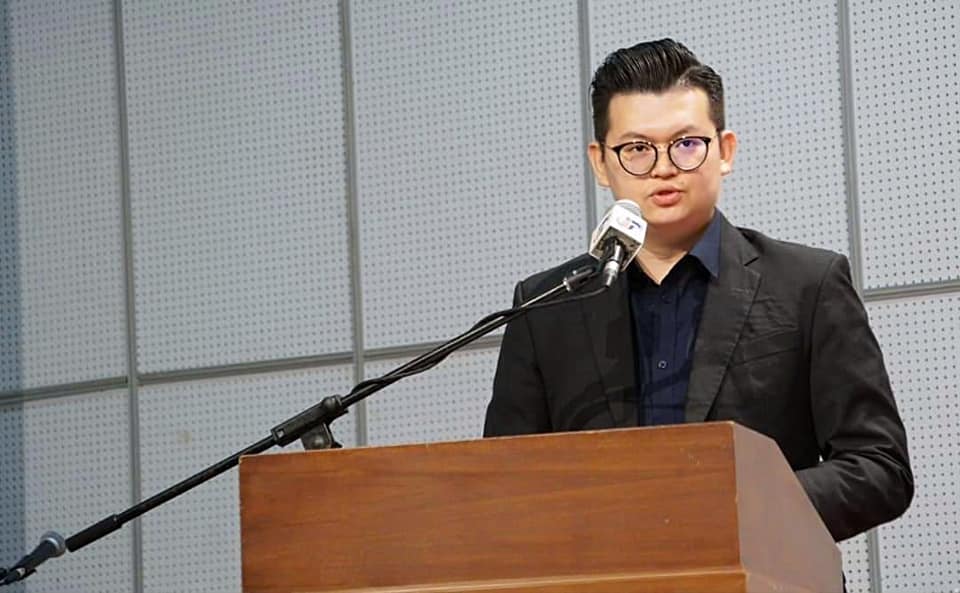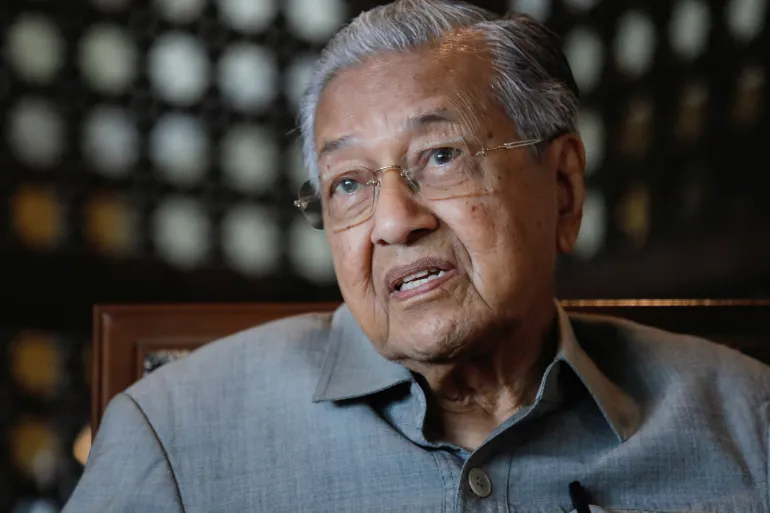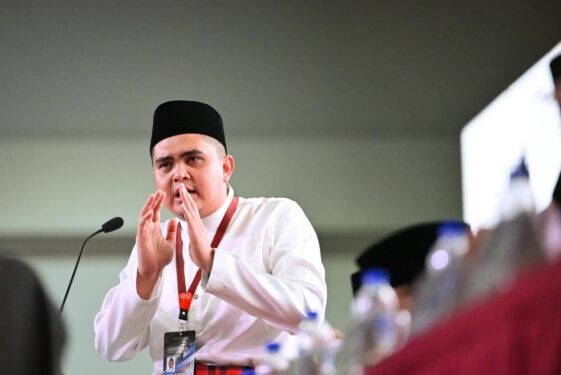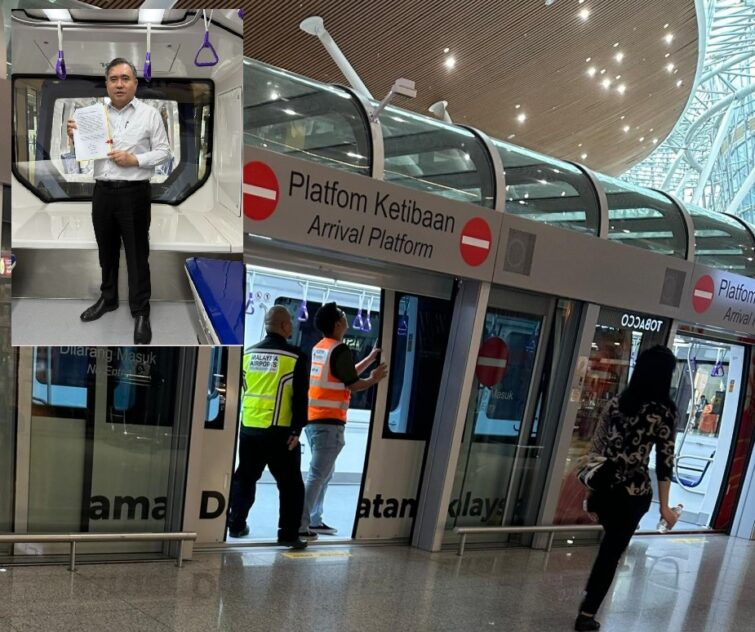STOP downplaying reports on medicine shortage in the healthcare sector and come up with holistic plan to address the situation, said the Parliamentary Select Committee on Health, Science and Innovation.
“The Health Ministry (MOH) must come up with a long term ‘national medicine security strategy’ to prevent drug shortages from ever happening in Malaysia.
“Given that Malaysia is a net importer of pharmaceutical products, we are vulnerable if volatility hits the global healthcare industry,” its chairman Dr Kelvin Yii said, in a statement.
Yesterday, the Association of Private Hospitals Malaysia (APHM) alleged that there was insufficient supply of several medicines, particularly flu and children’s medications.
Its president Dr Kuljit Singh said that for now, private hospitals are currently managing the situation by using generic brands as alternatives to the usual brands prescribed.
“Some private hospitals have also reported a low supply of paediatric medications due to a surge of demand amid rising infections as schools reopened and daily activities resumed. As such, private hospitals have increased their orders for paediatric drugs.
“Private hospitals, however, would like to reassure that medications for critical diseases and life-saving conditions are still available,” health portal CodeBlue reported him as saying.
However, MOH pharmacy services senior director Norhaliza A Halim was reported as saying that while demand for certain products has increased, there is no overall supply shortage of medicines in Malaysia.
“The responses received from the industrial parties showed there was a sudden surge in demand for a number of medicines such as products with paracetamol as the active ingredient (for treating fever and minor pain), Vitamin C, and cough and cold medicines for child use.
“However, at this point, no products have experienced total supply disruption as many products have alternatives from other brands with the same indications,” CNA reported her as saying.
Touching on the matter, Yii said that several other groups such as the Malaysian Association of Pharmaceutical Suppliers (MAPS), Medical Practitioners Coalition Association of Malaysia (MPCAM), and Malaysian Medical Association(MMA) have also sounded the alarm on shortage of medications like antibiotics and over-the-counter(OTC) drugs for fever, flu, and cough and cold, including cough and flu syrups for children.
He also said it the problem could be linked to global supply chain issues, with two months of lockdown in Shanghai, China and the war in Ukraine having a hand in exacerbating the situation.
“Our entire supply of finished pharmaceutical products are either directly imported or indirectly imported through the import of active pharmaceutical ingredients (APIs) and pharmaceutical intermediates for local manufacturers – both of which have been disrupted due to these external events and a surge in both local and global demand for medicines.
“Even locally manufactured pharmaceutical products in Malaysia are heavily dependent on imported APIs and pharmaceutical intermediates and China is the world’s number one supplier of APIs and pharmaceutical intermediates,” the Bandar Kuching MP mentioned.
Compel medical concessionaires to prioritise public sector
With the issue rippling through the system, Yii opined that it would be just a matter of time before the public feels the full effect of medicine shortage, including the generic ones.
Proposing solutions, the DAP lawmaker urged the National Pharmaceutical Regulatory Agency (NPRA) conduct an extensive audit and stock count of all pharmaceutical stocks; in both public and private health facilities to find a short-term measure to resolve the problem.
This, he added, would allow the authorities to understand the full extent of the country’s medicine shortage and determine manufacturing capacities of manufacturers, turnover rate and stock holding.
“The Malaysian Organisation of Pharmaceutical Industries (MOPI) and Pharmaceutical Association of Malaysia (PhAMA) must be committed in ensuring that manufacturers of both innovator and generic drugs have enough manufacturing capacity for enough stockpile of medicines.”
With that said, Yii urged the Government to compel concessions companies such as Pharmaniaga and other central contracts company to priorities their stocks and supplies to MOH facilities, where more than 70% of the general population goes to.
“Such supplies should then be properly distributed based on a ‘ring strategy’ to ensure areas of highest needs get them first.
“Plus, an advisory can be issued for health care providers to start rationing some supplies now to buffer against the possible likelihood that stockpiles may not be enough.
“Wastages of medicines should also be reduced by reconsidering prescription quantities and duration upon patients being reassessed,” he quipped.
Yii the urged NPRA to explore new markets and consider getting some alternative suppliers and brands of OTC drugs, including those manufactured from Indonesia and even Egypt.
Such arrangements, he added, can be done through import permits to ensure adequate supply in Malaysia for time being.
“On a longer term, the ‘national medicine security strategy’ must include plans for local production of APIs – the active components of a drug – and increase stockholding by local pharmaceutical manufacturers and importers.
“While this likely is a temporary issue, but how temporary it will be is still unknown and when it comes to essential items such as medication, it must not be taken lightly,” Yii concluded. – June 5, 2022










